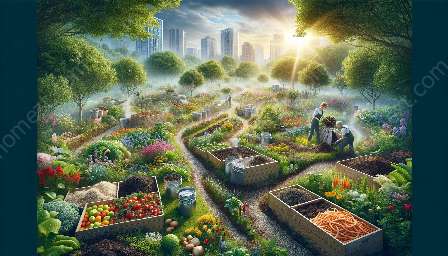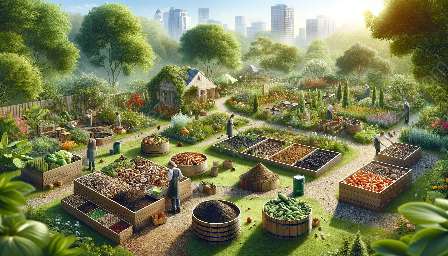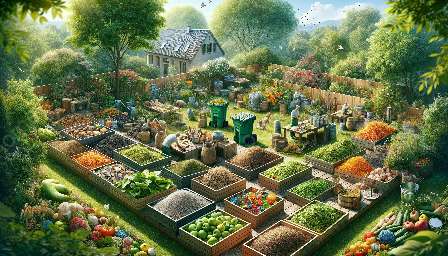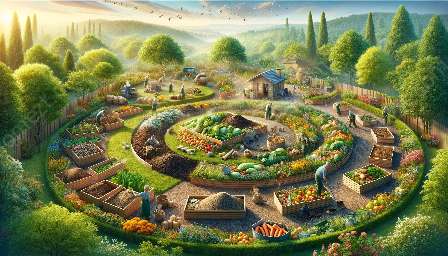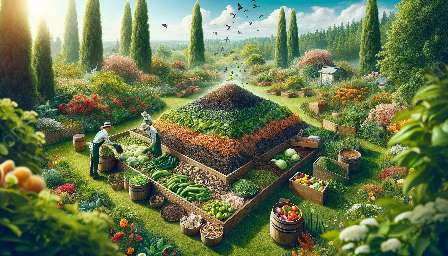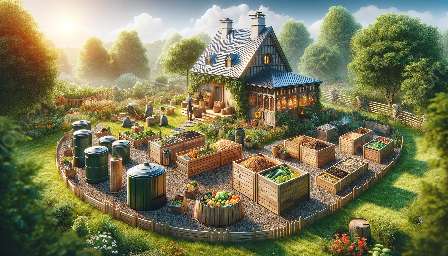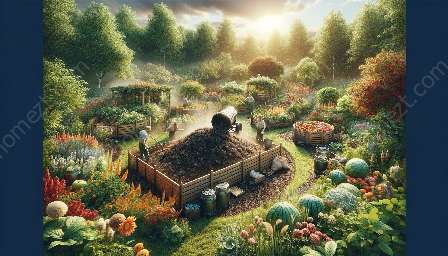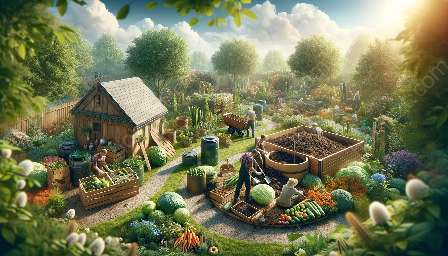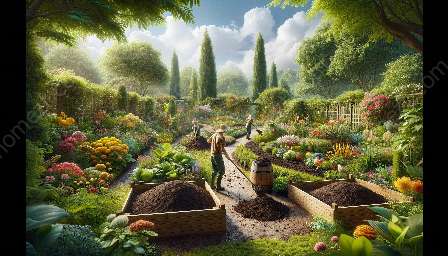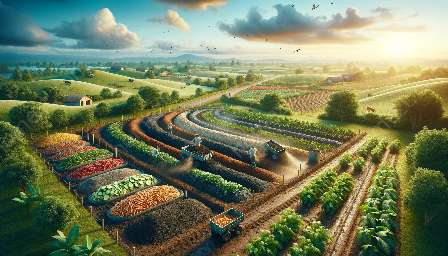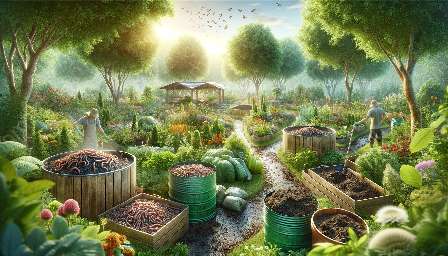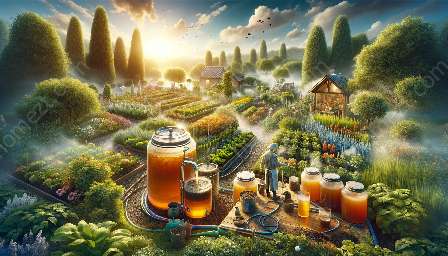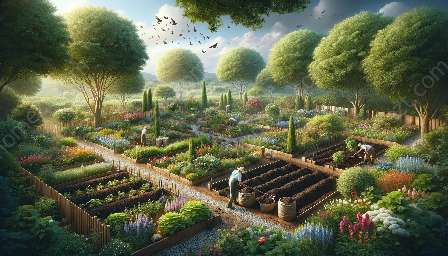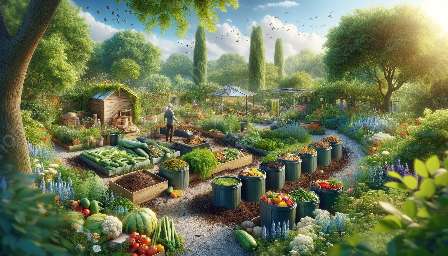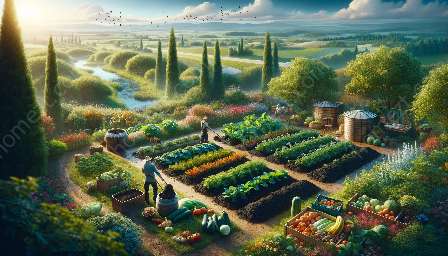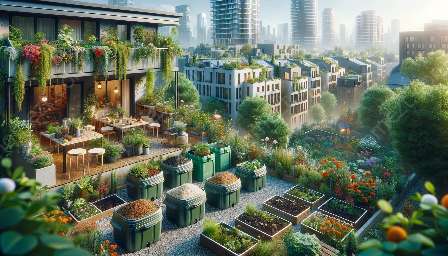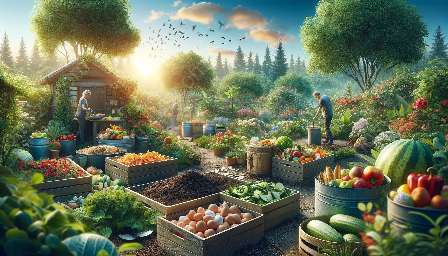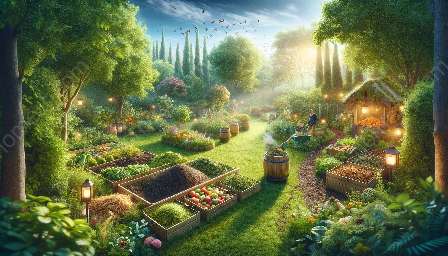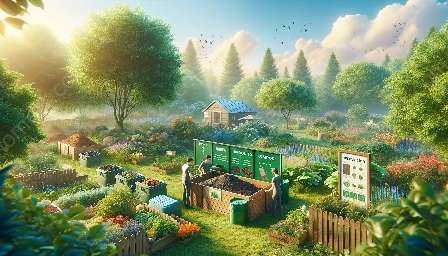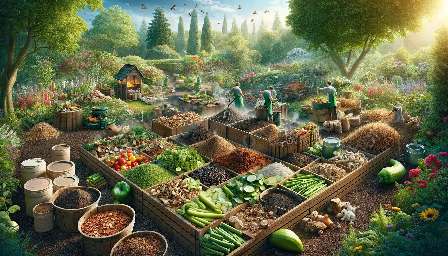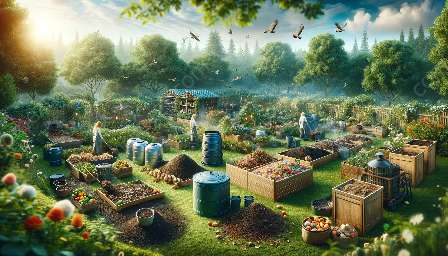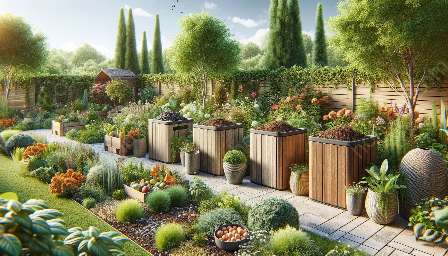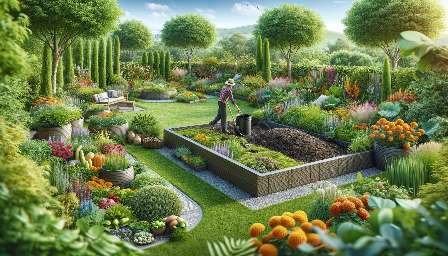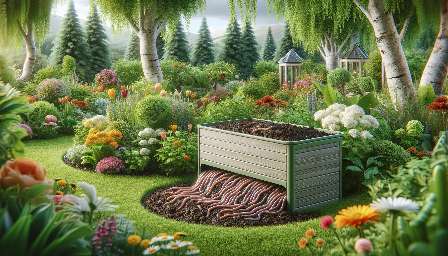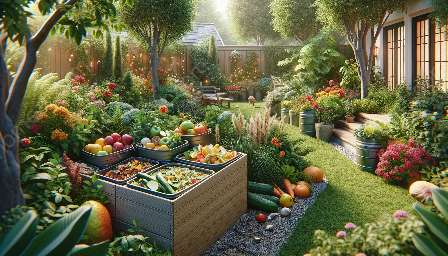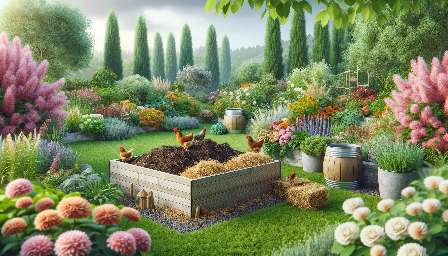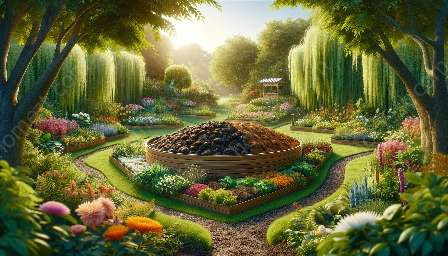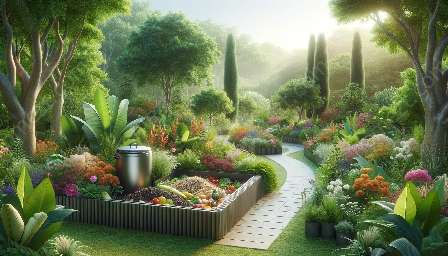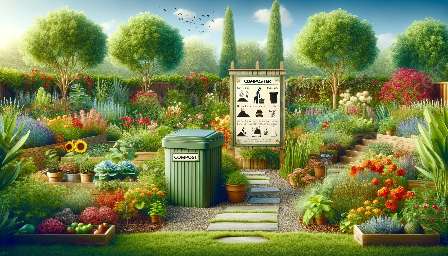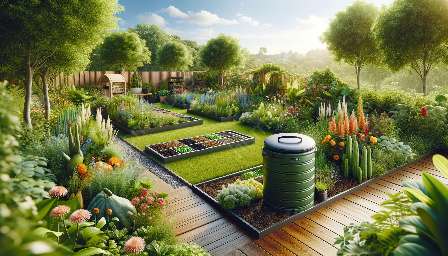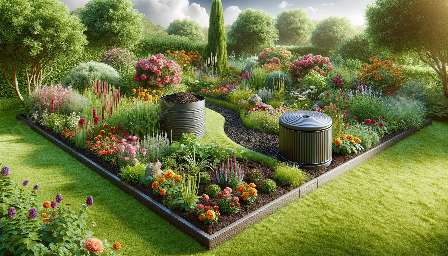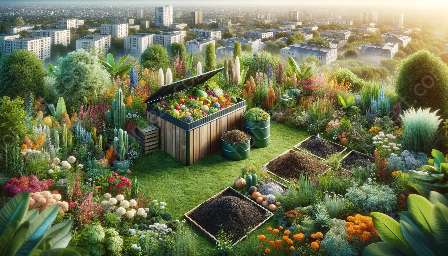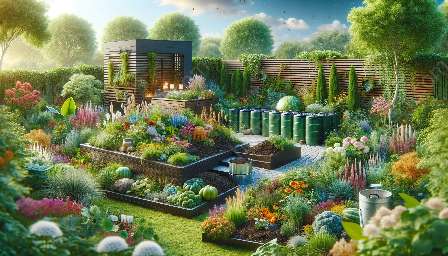Composting not only enriches the soil but also plays a significant role in supporting biodiversity. When it comes to gardening and landscaping, understanding the relationship between composting and biodiversity is crucial for sustainable practices.
The Importance of Composting in Gardening & Landscaping
Composting is an essential practice in gardening and landscaping. It involves the decomposition of organic matter to create nutrient-rich compost. This compost can then be used to improve soil structure, fertility, and overall plant health.
When organic waste is composted, it diverts it from landfills, reducing methane emissions and contributing to a healthier environment. Composting also minimizes the need for chemical fertilizers, which can have detrimental effects on soil biodiversity and overall ecosystem health.
Biodiversity in Gardening & Landscaping
Biodiversity in gardening and landscaping refers to the variety of plant and animal species present in a given area. A biodiverse garden or landscape is more resilient and better able to support a wide range of species, including pollinators, beneficial insects, and microorganisms.
Composting and Biodiversity
Composting directly impacts biodiversity in gardening and landscaping. By enriching the soil with organic matter, composting provides a habitat for a diverse range of soil-dwelling organisms such as earthworms, beneficial bacteria, fungi, and other microorganisms. These organisms play crucial roles in nutrient cycling, soil aeration, and disease suppression, contributing to a healthy and diverse ecosystem.
In addition, the use of compost in gardening and landscaping reduces the reliance on synthetic fertilizers and pesticides, which can harm beneficial insects and disrupt the balance of the ecosystem. By supporting a healthy soil ecosystem, composting fosters a harmonious and biodiverse environment.
Sustainable Practices and Ecosystem Support
Composting promotes sustainable practices in gardening and landscaping by reducing waste, improving soil health, and supporting biodiversity. By incorporating compost into the soil, gardeners and landscapers can create thriving ecosystems that are resilient to environmental changes and are less susceptible to pest and disease outbreaks.
Ultimately, understanding the interplay between composting and biodiversity is essential for creating sustainable and ecologically friendly gardens and landscapes. It highlights the interconnectedness of natural systems and emphasizes the importance of promoting biodiversity through organic practices.

